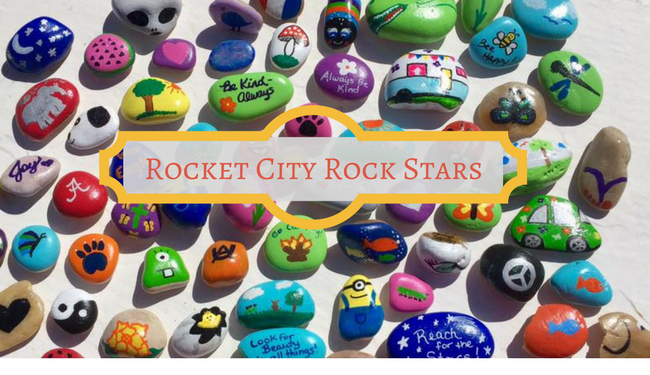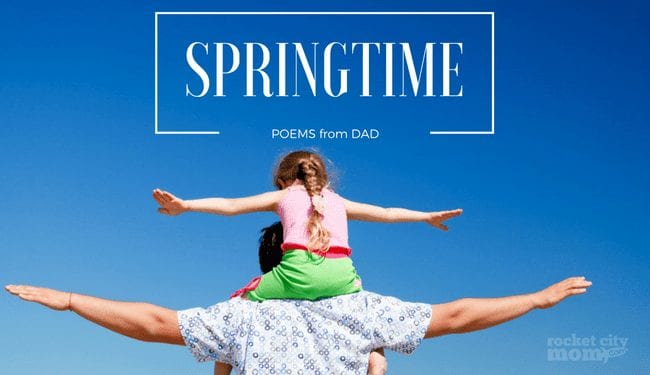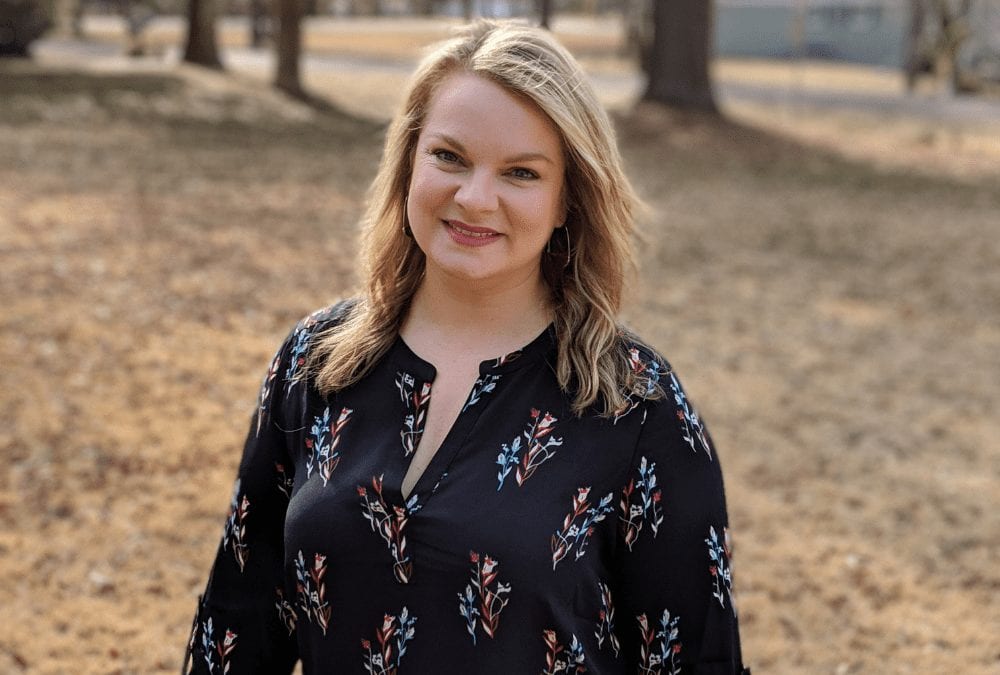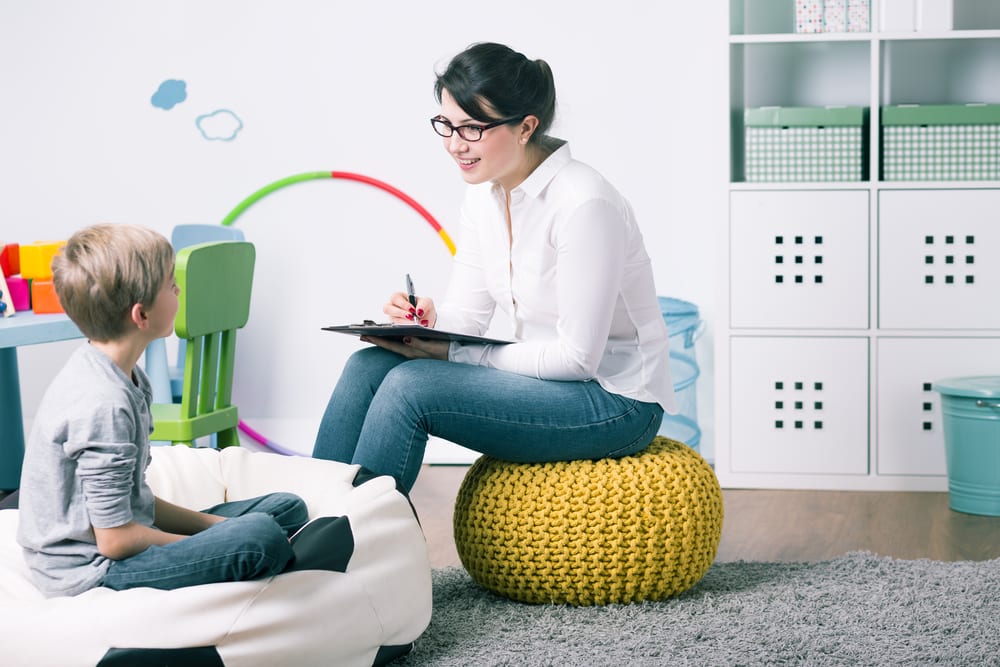How to Talk to Kids About Pornography: Advice for Parents from a Pro
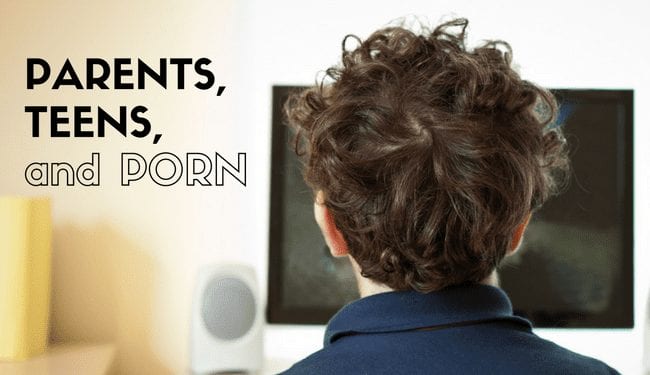
One of your worst fears comes true. While searching your 13-year-old son’s cell phone you discover an app that gives him access to the internet (not the typical Safari browser where you have been regularly inspecting the history). While checking this out, you discover he has been looking at pornography. Thoughts race through your head: “Oh, NO! What is this? I never said this was okay! What do I say now? My son is a PERV!”
He is not a perv. He is a typical, normal, almost-teenage boy who is curious about sex. Research article after research article suggests most adolescent boys and girls have been exposed to online pornography. It is now considered to be a “normative” experience. And finally remember this behavior is a normal part of his child (or should we say teen) development. Gone are the days of our parents who may have hidden a Playboy magazine under the mattress. The online world has made it easier for teenagers to assuage their curiosity and access this material. Pornography is merely seconds away, and even the best firewalls and filters are not guaranteed to be effective. It’s up to you, the parent, to have frank discussions about pornography with your tween.
So What is a Parent To Do?
After having some time to vent and calm down:
- Don’t use shame and guilt as punishment! Otherwise your child will go underground and you are closing the door for future communication on the subject.
- Use this situation as a “teachable moment” to remind him of your values. What did he think of what he saw? Did he think it provided him with healthy and positive images of women and men? Healthy relationships?
- Did it seem realistic or “what everyone is doing”?
All these issues need to be clarified by you so be ready to share your thoughts on all of them. According to connectsafely.org, you may want to share that online porn is:
- Fiction, not documentary
- Provides images of “atypical bodies and “atypical activities”
- Is edited or photoshopped, usually both
The Conversations Before the Conversation
What can we do as parents ahead of time to help our kids live within clicking reach of pornography? Research suggests having open and honest communication about sex early (yes, as soon as they start asking where babies come from) and often throughout their development, including the teenage years, is both protective and positive for many reasons.
Here’s why:
- Helps kids and teens understand their bodies and have a more positive body image.
- Opens the door for positive communication and lets them know you can be their number one source for accurate information about sex and issues that surround it.
- Allows parents to share their values around sexuality; instills a filter so if and when they do see pornographic images, they know this is NOT the healthy stuff mom and dad talk about.
- Promotes open and honest communication about all types of issues affecting kids and teens including healthy relationships, depression and substance abuse.
- Is a protective factor in preventing child sexual abuse and other types of interpersonal violence.
If they don’t learn about sex from you, they will learn it from somewhere. Which do you prefer? These conversations do not have to be sit down 30 minute lectures; they can be short low key discussions as topics come up, issues are heard on the news, etc. This allows parents to be proactive rather than reactive.
Resources for Parents About Pornography
Many wonderful resources exist for parents about both online safety and sharing information on healthy sexuality. If you’re interested in knowing more, or exploring this topic deeper, please take a moment to check them out.
Online Safety
safekids.com
www.connectsafely.org
www.NetSmartz.org or www.NetSmartz411.org
www.getnetwise.com
Healthy Sexuality
It’s Perfectly Normal: A book about changing bodies, growing up, sex, and sexual health. by Robie H. Harris & Michael Emberley.(1994). Cambridge, MA: Candlewick Press.
It’s So Amazing! A book about Eggs, Sperm, Birth, Babies, and Families by Robie H. Harris & Michael Emberley. (1999). Cambridge, MA: Candlewick Press.
 ABOUT THE AUTHOR
ABOUT THE AUTHOR
Beth Jackson MS, ALC, has worked on the behalf of at-risk children for over 20 years. She is currently the Community Education Program Manager and a Therapist for the National Children’s Advocacy Center. She also worked as the Education Director and the Director of Operations for the Boys & Girls Clubs of Greater Huntsville for almost six years.

As a hyper-local website focused on all aspects of parenting in and around Morgan County, and the Tennessee Valley, River City Mom occasionally asks local parents to submit their stories for publication. This is part of our continual effort to represent varied viewpoints and experiences on our site. However, these articles should not be seen as necessarily expressing the views of Rocket City Mom Media Group, LLC.



